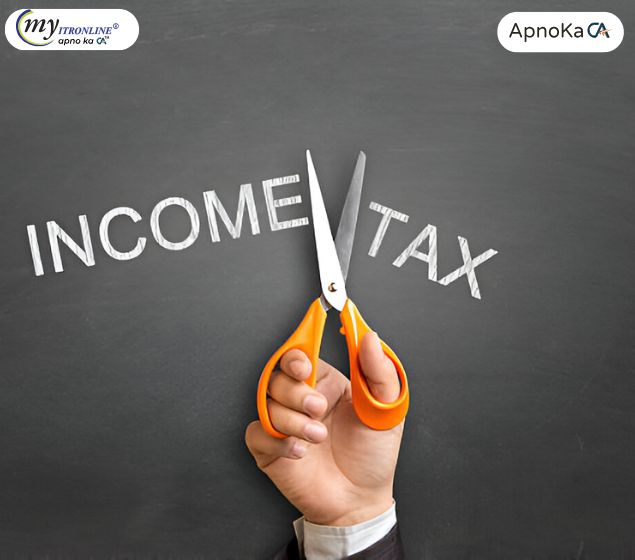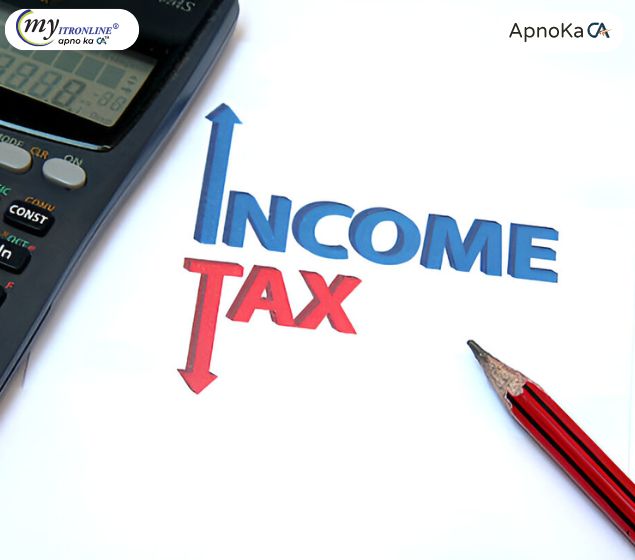# taxplanning
12 posts in `taxplanning` tag
.jpg)
LTCG Tax: Recent Updates & 2025 Bill Clarifications
Recent changes to Long Term Capital Gains (LTCG) tax rates and rules, which take effect on July 23, 2024, have greatly affected how investors figure their tax liability for the Assessment Year 2025-26. This blog post outlines these important updates across different asset classes, including equity, debt, and real estate. It explains the details of indexation and clears up common misunderstandings, especially related to the Income Tax Bill, 2025. It highlights the need for careful tax planning and urges taxpayers to get expert help.
.jpg)
Small Business & Professional Taxes: A Guide to Sections 44AA, 44AB, 44AD, 44ADA for FY 2024-25
For small businesses and professionals in India, understanding Sections 44AA, 44AB, 44AD, and 44ADA of the Income Tax Act, 1961, is essential for smooth tax compliance. This guide explains how these sections apply for the Financial Year 2024-25 (Assessment Year 2025-26). It covers necessary bookkeeping, tax audit rules, and the simplified presumptive taxation schemes that can greatly lessen the compliance burden for qualified taxpayers.
.jpg)
Your Wallet's Choice: 8 Reasons to Stick with the Old Tax Regime for FY 2024-25
This detailed blog post explores 8 compelling reasons why India's Old Tax Regime remains a more financially attractive option for many taxpayers in FY 2024-25. It breaks down crucial benefits like Section 80C investments, home loan interest, health insurance premiums, and other key deductions/exemptions, illustrating how these can lead to significant tax savings despite the New Tax Regime's lower rates
.jpg)
India's New Income Tax Regime (Section 115BAC): Your Comprehensive Guide for FY 2024-25 & 2025-26
This comprehensive guide breaks down India's New Income Tax Regime under Section 115BAC, now the default for individuals and HUFs. It details the revised income tax slab rates for Financial Years 2024-25 and 2025-26, highlighting the increased basic exemption limits and the enhanced rebate under Section 87A. The article clearly outlines the limited deductions and exemptions still allowed (e.g., standard deduction, employer's NPS contribution) versus the numerous ones no longer applicable. It concludes by helping taxpayers determine whether the new regime or the old regime is more beneficial for their specific financial situation and explains the process for switching between the two.

Tax Audit Made Easy: Your Simple Guide to Section 44AB (FY 2024-25)
This blog simplifies the concept of Tax Audit under Section 44AB of the Income-tax Act, 1961 for regular taxpayers. It explains why tax audits are essential, clearly outlines the turnover/receipt limits for businesses (₹1 Crore/₹10 Crore) and professionals (₹75 Lakhs) for FY 2024-25, and details special cases involving presumptive taxation. The article highlights the crucial role of a Chartered Accountant, the forms used (3CA, 3CB, 3CD), and the general deadline of September 30, 2025. Finally, it elaborates on the significant penalties for non-compliance and offers practical advice for taxpayers to ensure a smooth audit process.
.jpg)
Understanding Interest Under Sections 234A, 234B, and 234C of the Income Tax Act
Sections 234A, 234B, and 234C of the Income Tax Act deal with interest charged for late filing of returns, underpayment, or deferment of advance tax. This blog explains each section in detail with examples and calculations, helping taxpayers stay compliant and avoid extra charge
.jpg)
CII for FY 2025-26 Notified: What India's New Cost Inflation Index Means for Your Capital Gains
The Central Board of Direct Taxes (CBDT) has announced the Cost Inflation Index (CII) for FY 2025-26 as 376. This blog post explains what CII is, how the new index will be applied from AY 2026-27, who it impacts, and provides an example of how it reduces taxable long-term capital gains, particularly for real estate acquired before July 23, 2024. It highlights the importance of understanding this update for accurate tax filing.

Income Tax Notice: Decoding Section 142(1) for Missing Deductions in Your ITR
This comprehensive blog post demystifies Section 142(1) notices from the Income Tax Department, specifically when issued for missing or incorrect deductions in your ITR. It explains the purpose of such notices, common reasons for their issuance (like Form 26AS/AIS/TIS mismatches or lack of supporting documents), and provides a step-by-step guide on how to prepare an accurate and timely response. The post also highlights the severe consequences of non-compliance and offers valuable tips for prevention through meticulous record-keeping and thorough ITR review.

Income Tax in India: Are You Prepared for July 2025?
This blog post provides a comprehensive overview of the significant income tax changes coming into effect in India from July 1, 2025. It details the more attractive new tax regime with revised slabs and increased deductions, the extended ITR filing deadline, the mandate for Aadhaar in PAN applications, and the real-time PAN-bank linking system. Furthermore, it touches upon the updated ITR forms and the broader proposals of the Income Tax Bill 2025, offering taxpayers crucial insights for compliance and effective tax planning.

Feeling Confused About Form 10-IEA? Here's Why This One Form Can Make or Break Your Old Tax Regime Choice (AY 2025-26)
Navigating tax regimes can be tricky, especially with Form 10-IEA for the Old Tax Regime. If you're a business owner or professional, this form is crucial for your AY 2025-26 ITR, impacting your deductions and long-term tax strategy. Learn about the mandatory steps, critical deadlines, and the 'one-time' decision rule that could affect your future tax savings. Our blog demystifies this complex issue, helping you avoid common pitfalls and ensuring accurate filing. Get expert guidance from myitronline!

Old Tax Regime Benefits: Essential Deductions (80E, 80G, 80TTA, 80TTB) Beyond 80C
This blog post delves into crucial tax-saving sections beyond the popular 80C, specifically detailing Sections 80E (education loan interest), 80G (donations), 80TTA (savings interest for non-seniors), and 80TTB (interest on deposits for senior citizens). It explains who can claim these, their limits, and, most importantly, their non-applicability under the New Tax Regime for FY 2024-25. The post encourages taxpayers to compare regimes carefully and highlights myitronline's services for expert assistance.

Form 16 for FY 2024-25: Your Complete Guide to What's New & How to Verify
This blog post provides a detailed guide to Form 16 for Financial Year 2024-25 (Assessment Year 2025-26), highlighting the crucial changes under the new tax regime, including the increased standard deduction and NPS benefits. It offers a step-by-step process for taxpayers to verify their Form 16 against Form 26AS and other documents, ensuring accurate ITR filing and avoiding discrepancies. The post also emphasizes the extended ITR filing deadline and promotes myitronline's services for expert assistance.
